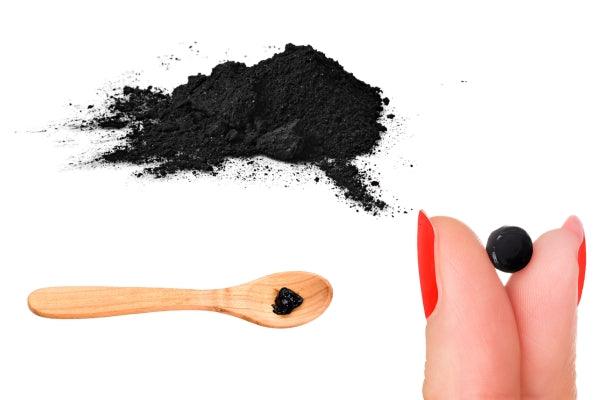

Shilajit is a naturally occurring, mineral-rich substance found in mountainous regions like the Himalayas. Known for its long history of use in traditional wellness practices, it has gained global attention in recent years. Today, Shilajit is available in several convenient forms: resin, capsules, powder, and pills.
In this guide, we’ll explore each of these forms, their practical advantages, and factors to consider when deciding which option may best suit your preferences and routine.
Shilajit is a dark, sticky substance that forms over centuries from the breakdown of plant and microbial matter. It contains a complex mix of minerals, trace elements, and organic compounds, including fulvic acid — one of its most notable components. The final composition can vary depending on the source and processing methods.
Shilajit resin is considered the most traditional and unprocessed form. It appears as a sticky, tar-like substance and is typically dissolved in warm water or tea before use.
Minimal Processing: Often viewed as the most natural form.
High Concentration: Typically contains a dense amount of active compounds.
Customizable Use: Can be measured and adjusted based on preference.
Shilajit capsules contain powdered Shilajit, conveniently encased for easy consumption.
Powdered Shilajit is often created by drying and grinding resin or through other extraction methods. It can sometimes be blended with other natural ingredients.
Shilajit pills are typically compressed forms of the powder, similar to tablets, and may not contain gelatin or capsule shells.
Choosing the best form of Shilajit ultimately depends on your personal preferences, lifestyle, and goals. Here are some guidelines to help you decide:
For Maximum Benefits: If you’re looking for the most potent form, resin is the way to go. It may require some preparation, but the results can be worth it.
For Convenience: If you lead a busy life and prefer ease of use, capsules or pills might be more suitable. They offer a no-fuss option for daily supplementation.
For Versatility: If you enjoy experimenting with different recipes, powder is a fantastic choice. It can be seamlessly integrated into your diet.
Shilajit comes in a variety of forms to suit different lifestyles and preferences. Whether you’re drawn to the authenticity of resin, the convenience of capsules, or the flexibility of powder, there’s a format that can align with your routine.
As with any natural product, it’s important to choose a reputable source and review product quality, testing, and transparency. And before adding any new supplement to your daily routine, especially if you’re managing a health condition or taking medication, consult a qualified healthcare professional.
Disclaimer: This article is for informational purposes only and does not provide medical or health advice. Always consult with a healthcare provider before starting any new dietary supplement.
Share:
Nutrients: Everything you need to know
Nutrients: Everything you need to know